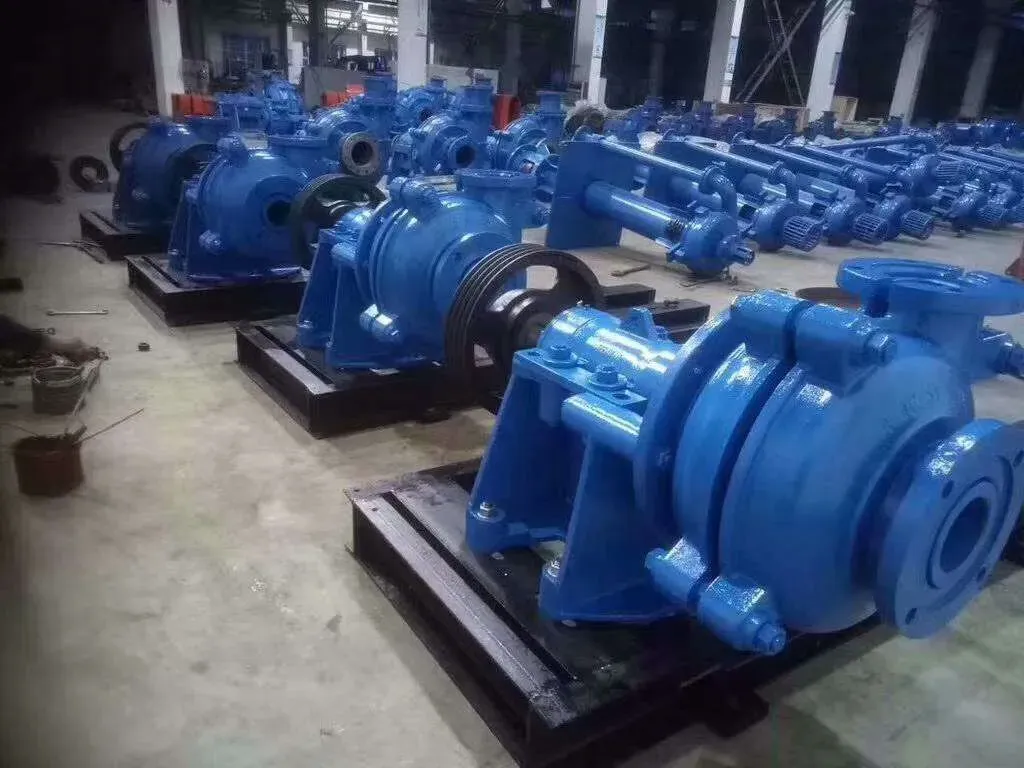TEL:
+86 13120555503
English
- Afrikaans
- Albanian
- Amharic
- Arabic
- Armenian
- Azerbaijani
- Basque
- Belarusian
- Bengali
- Bosnian
- Bulgarian
- Catalan
- Cebuano
- Corsican
- Croatian
- Czech
- Danish
- Dutch
- English
- Esperanto
- Estonian
- Finnish
- French
- Frisian
- Galician
- Georgian
- German
- Greek
- Gujarati
- Haitian Creole
- hausa
- hawaiian
- Hebrew
- Hindi
- Miao
- Hungarian
- Icelandic
- igbo
- Indonesian
- irish
- Italian
- Japanese
- Javanese
- Kannada
- kazakh
- Khmer
- Rwandese
- Korean
- Kurdish
- Kyrgyz
- Lao
- Latin
- Latvian
- Lithuanian
- Luxembourgish
- Macedonian
- Malgashi
- Malay
- Malayalam
- Maltese
- Maori
- Marathi
- Mongolian
- Myanmar
- Nepali
- Norwegian
- Norwegian
- Occitan
- Pashto
- Persian
- Polish
- Portuguese
- Punjabi
- Romanian
- Russian
- Samoan
- Scottish Gaelic
- Serbian
- Sesotho
- Shona
- Sindhi
- Sinhala
- Slovak
- Slovenian
- Somali
- Spanish
- Sundanese
- Swahili
- Swedish
- Tagalog
- Tajik
- Tamil
- Tatar
- Telugu
- Thai
- Turkish
- Turkmen
- Ukrainian
- Urdu
- Uighur
- Uzbek
- Vietnamese
- Welsh
- Bantu
- Yiddish
- Yoruba
- Zulu
Telephone: +86 13120555503
Email: frank@cypump.com
Feb . 16, 2025 16:22 Back to list
septic pump
Septic pump replacement might not be something you often think about until you're faced with the unpleasant necessity of dealing with a malfunction. When it becomes urgent, understanding the intricacies involved can save you time, money, and a lot of headaches. With years of experience in plumbing and septic system maintenance, I can share expert insights to guide you through the process, ensuring your system operates smoothly and efficiently.
Selecting the right replacement pump requires expert knowledge. There are several types of septic pumps available, each suited for different needs based on the property size, tank capacity, and local regulations. A professional assessment can determine the appropriate horsepower and type, whether a submersible pump or an external model is most suitable for your system. It’s important to understand the implications of not replacing a deteriorating septic pump. Beyond the inconvenience and unpleasantness, a malfunctioning pump can lead to significant environmental hazards and health risks. Untreated sewage can contaminate groundwater, affecting not only your immediate property but also neighboring areas. Such scenarios can also result in costly fines and mandated repairs by local regulations. For those concerned with environmental impact, consider investing in energy-efficient pumps, which reduce both costs and ecological footprints. Recent advancements in septic technology offer pumps designed to optimize energy use while maximizing waste management efficiency. The installation process, while best left to professionals, can be understood in simplified phases. It begins with an assessment of the existing system, followed by the careful removal of the old pump, installation of the new apparatus, and thorough system testing to ensure compatibility and functionality. Our team always emphasizes the importance of proper calibration and flotation level settings for optimal performance post-installation. In conclusion, a properly functioning septic pump is an often overlooked component that plays a vital role in maintaining household sanitation and environmental safety. Awareness of the symptoms of pump failure, coupled with professional guidance, can protect your home from the disruptive repercussions of septic system malfunctions. By investing in regular maintenance and timely replacements, you preserve the health of your septic system, your property, and the surrounding environment.


Selecting the right replacement pump requires expert knowledge. There are several types of septic pumps available, each suited for different needs based on the property size, tank capacity, and local regulations. A professional assessment can determine the appropriate horsepower and type, whether a submersible pump or an external model is most suitable for your system. It’s important to understand the implications of not replacing a deteriorating septic pump. Beyond the inconvenience and unpleasantness, a malfunctioning pump can lead to significant environmental hazards and health risks. Untreated sewage can contaminate groundwater, affecting not only your immediate property but also neighboring areas. Such scenarios can also result in costly fines and mandated repairs by local regulations. For those concerned with environmental impact, consider investing in energy-efficient pumps, which reduce both costs and ecological footprints. Recent advancements in septic technology offer pumps designed to optimize energy use while maximizing waste management efficiency. The installation process, while best left to professionals, can be understood in simplified phases. It begins with an assessment of the existing system, followed by the careful removal of the old pump, installation of the new apparatus, and thorough system testing to ensure compatibility and functionality. Our team always emphasizes the importance of proper calibration and flotation level settings for optimal performance post-installation. In conclusion, a properly functioning septic pump is an often overlooked component that plays a vital role in maintaining household sanitation and environmental safety. Awareness of the symptoms of pump failure, coupled with professional guidance, can protect your home from the disruptive repercussions of septic system malfunctions. By investing in regular maintenance and timely replacements, you preserve the health of your septic system, your property, and the surrounding environment.
Share
Next:
Latest news
-
Horizontal Split Case Pump with GPT-4 Turbo | High Efficiency
NewsAug.01,2025
-
ISG Series Pipeline Pump - Chi Yuan Pumps | High Efficiency, Durable Design
NewsAug.01,2025
-
Advanced Flue Gas Desulfurization Pump with GPT-4 Turbo | Durable & Efficient
NewsJul.31,2025
-
ISG Series Vertical Pipeline Pump - Chi Yuan Pumps | Advanced Hydraulic Design&Durable Construction
NewsJul.31,2025
-
ISG Series Vertical Pipeline Pump - Chi Yuan Pumps | Energy Efficient & Low Noise
NewsJul.31,2025
-
pipeline pump - Chi Yuan Pumps Co., LTD.|High Efficiency&Low Noise
NewsJul.31,2025










